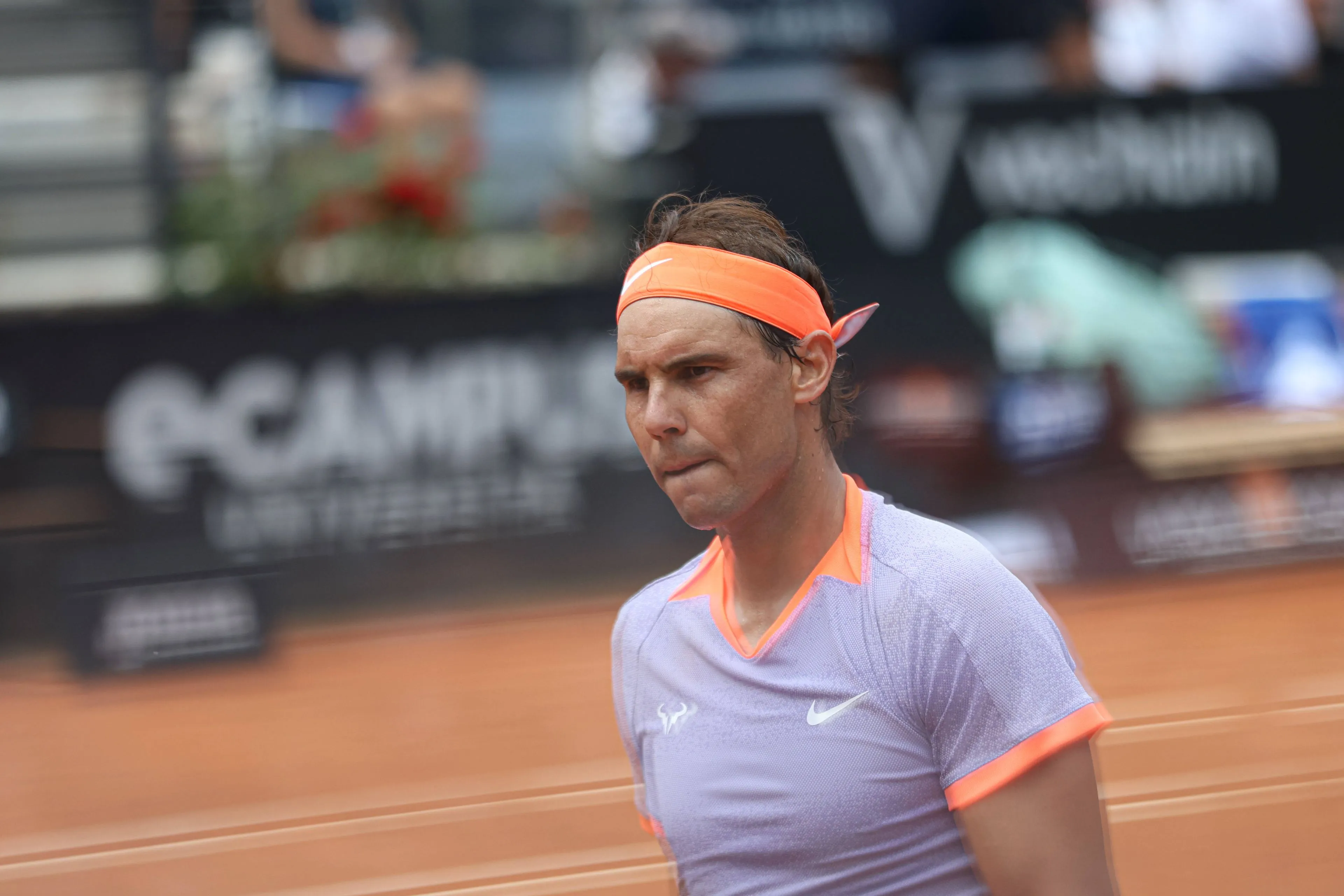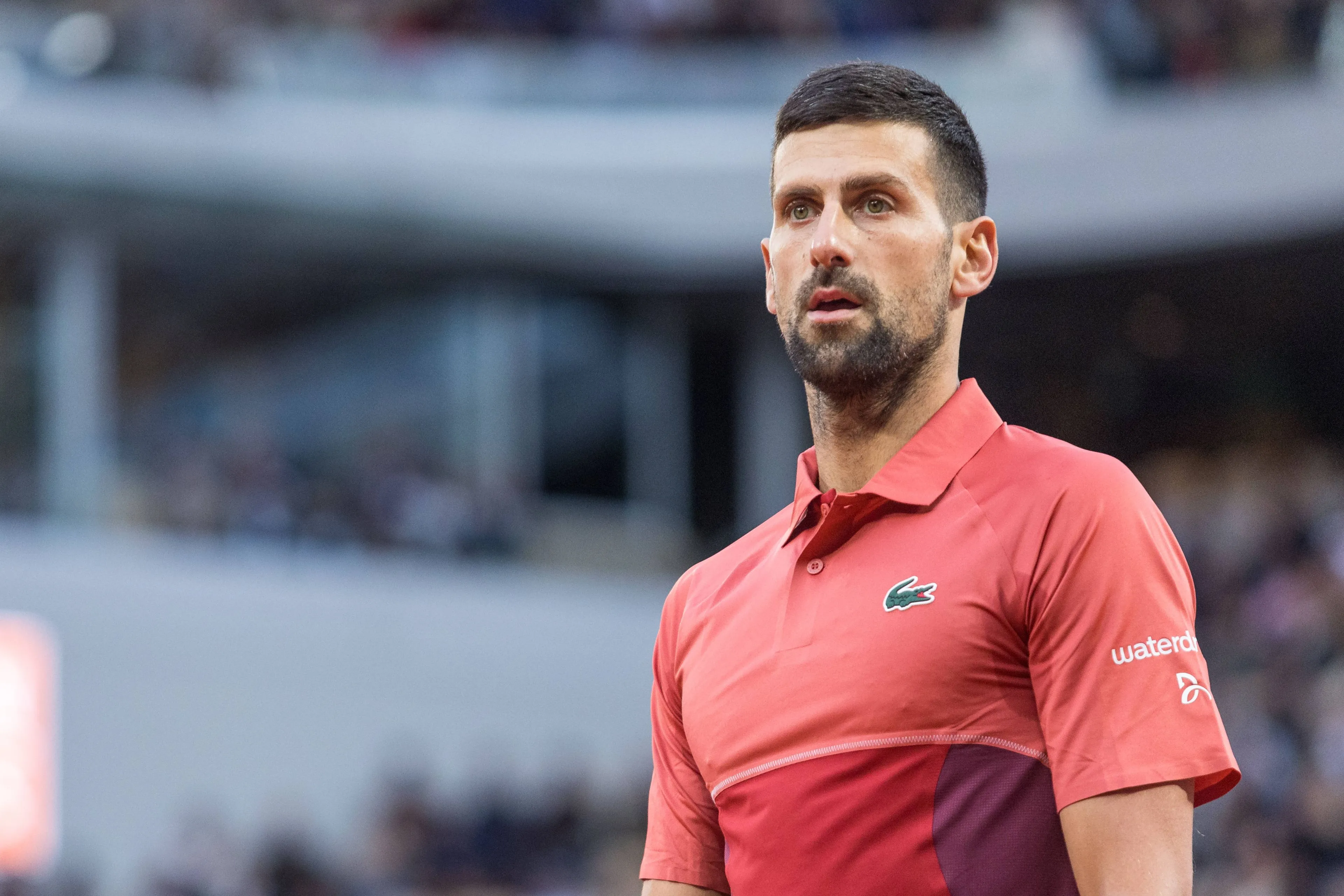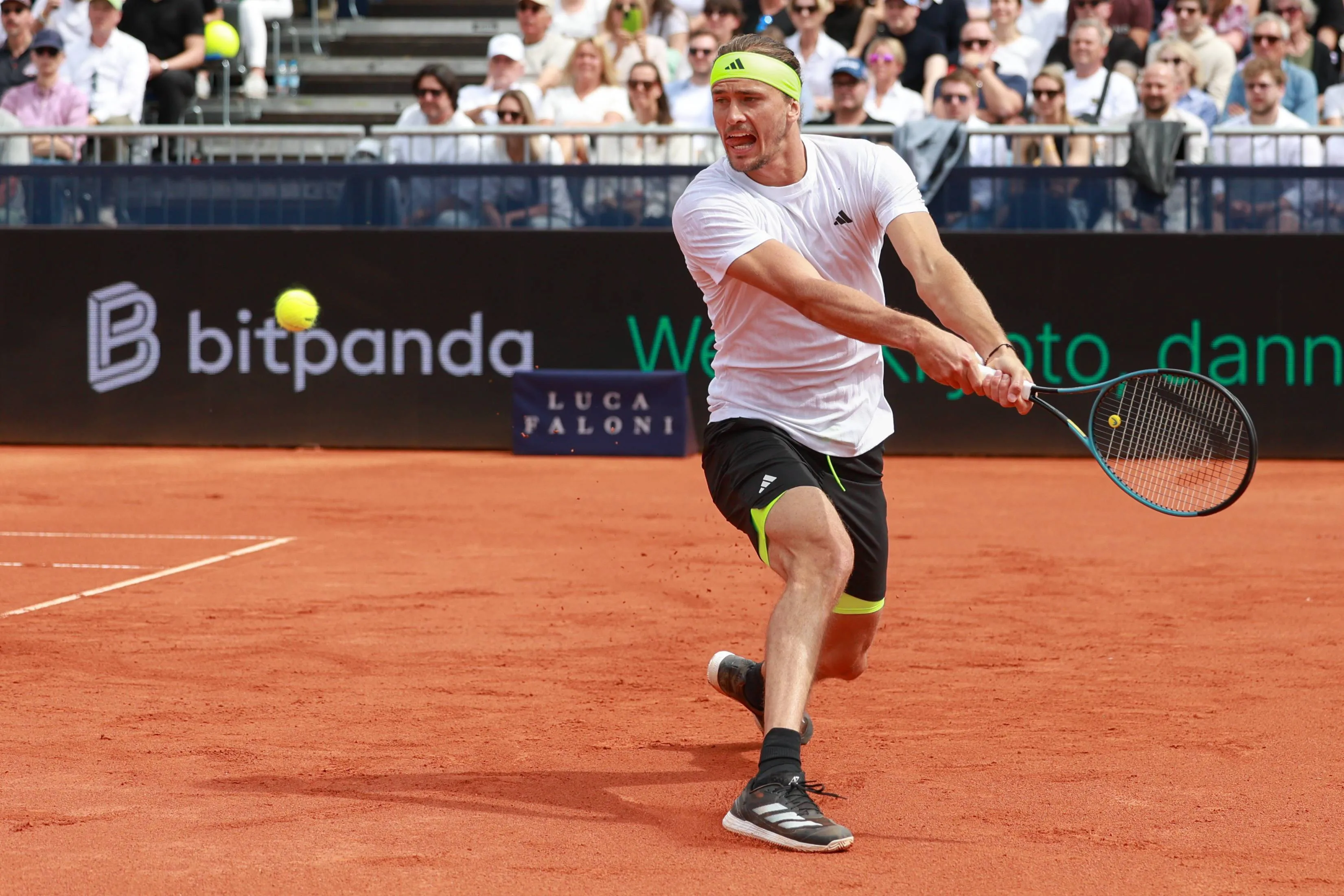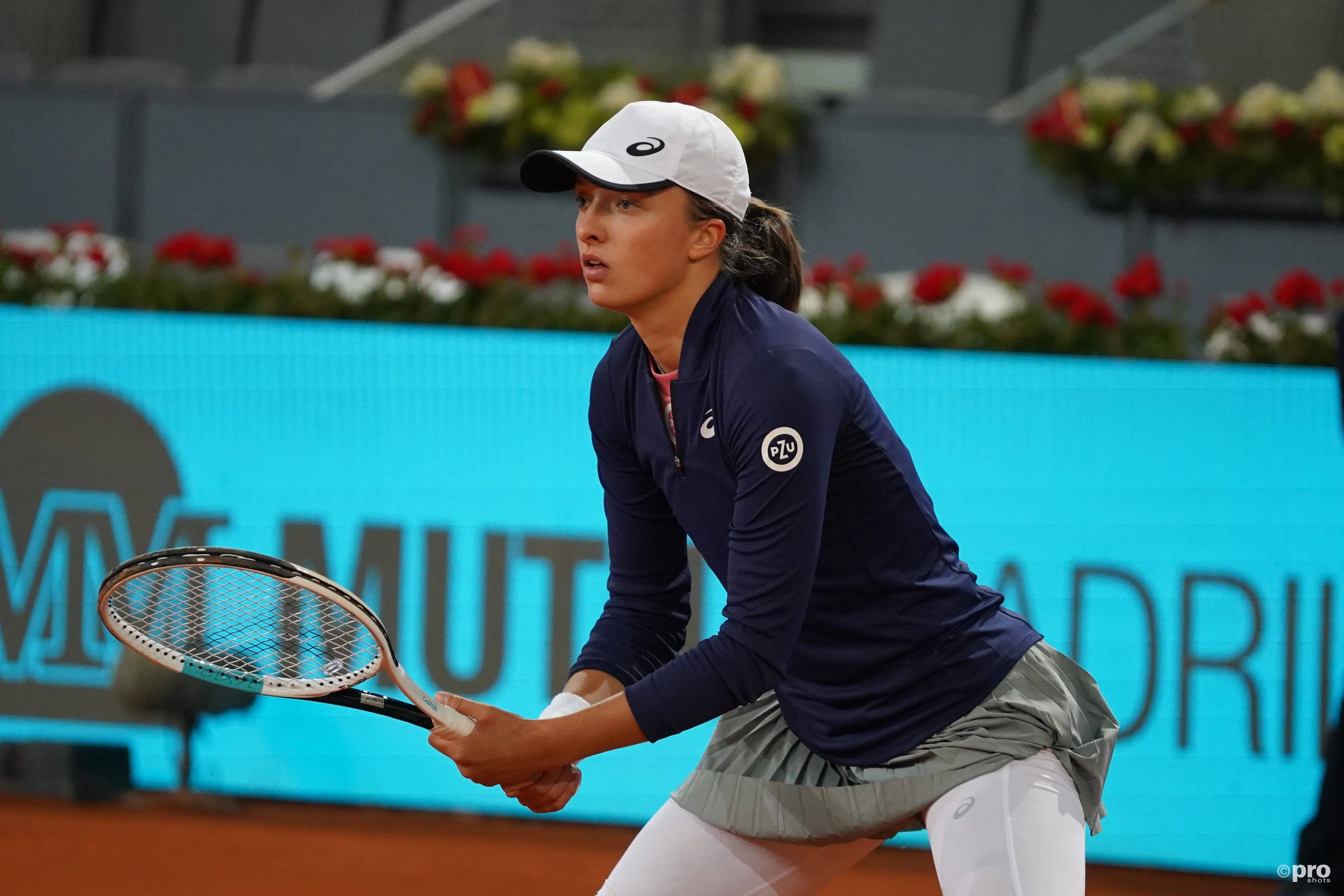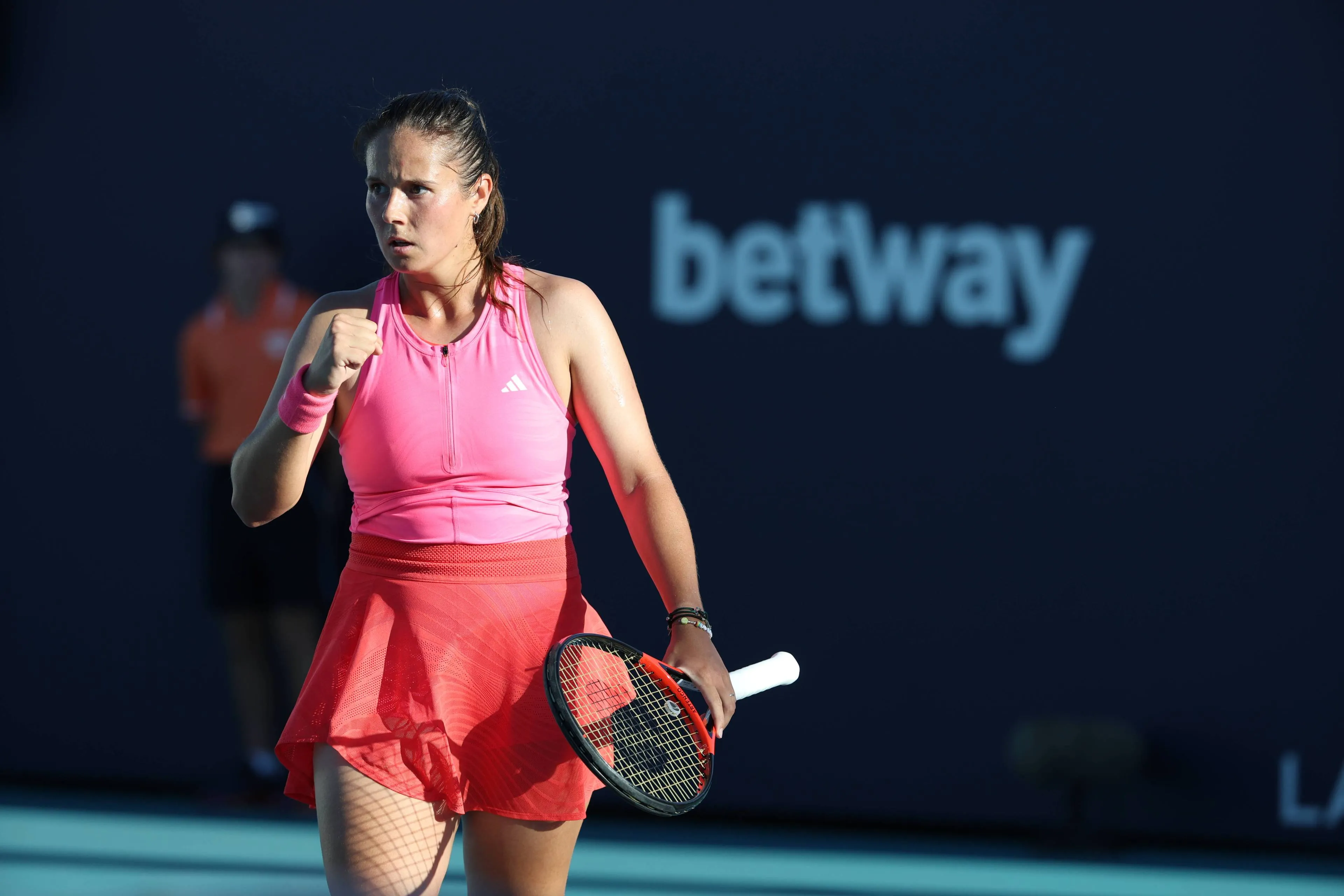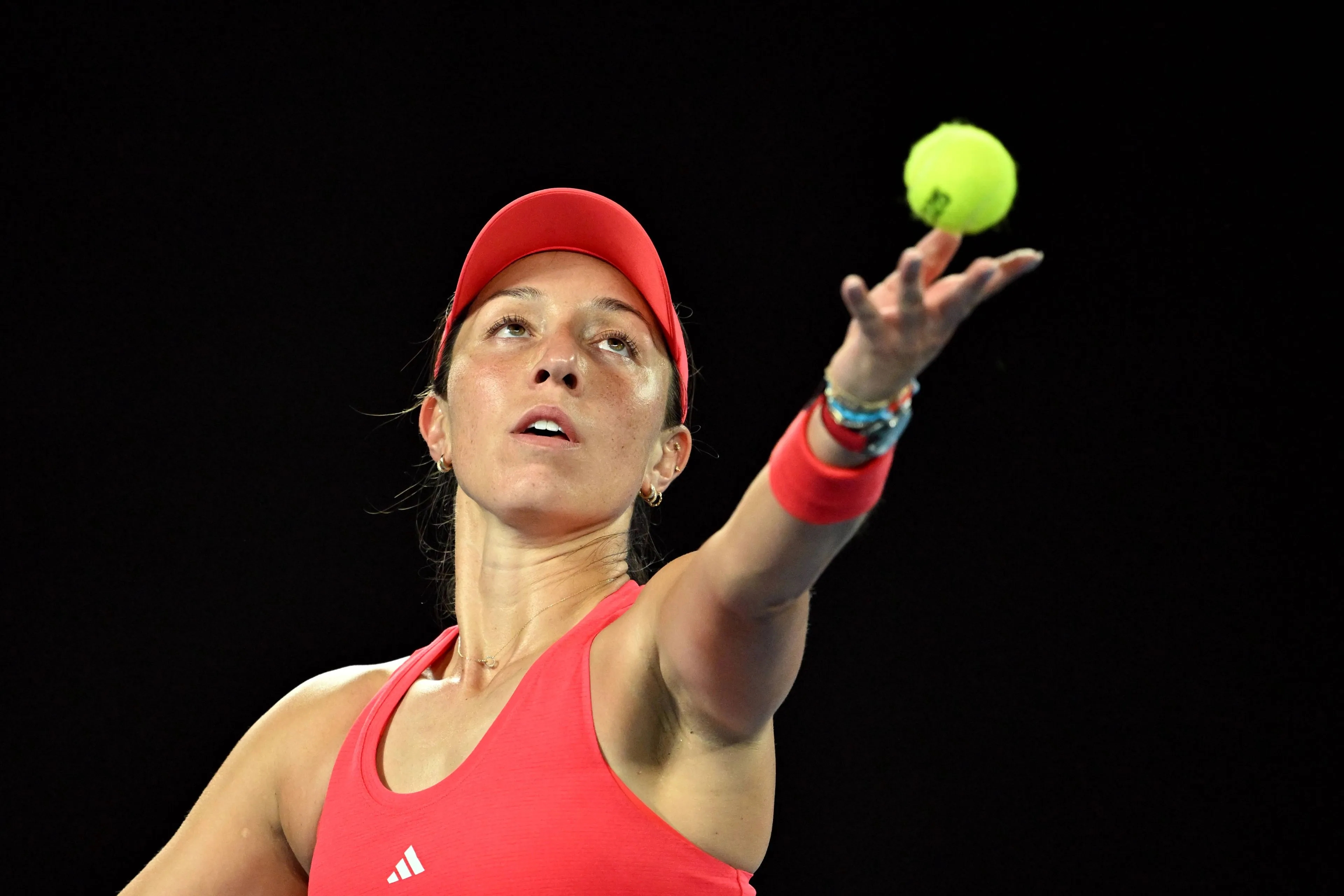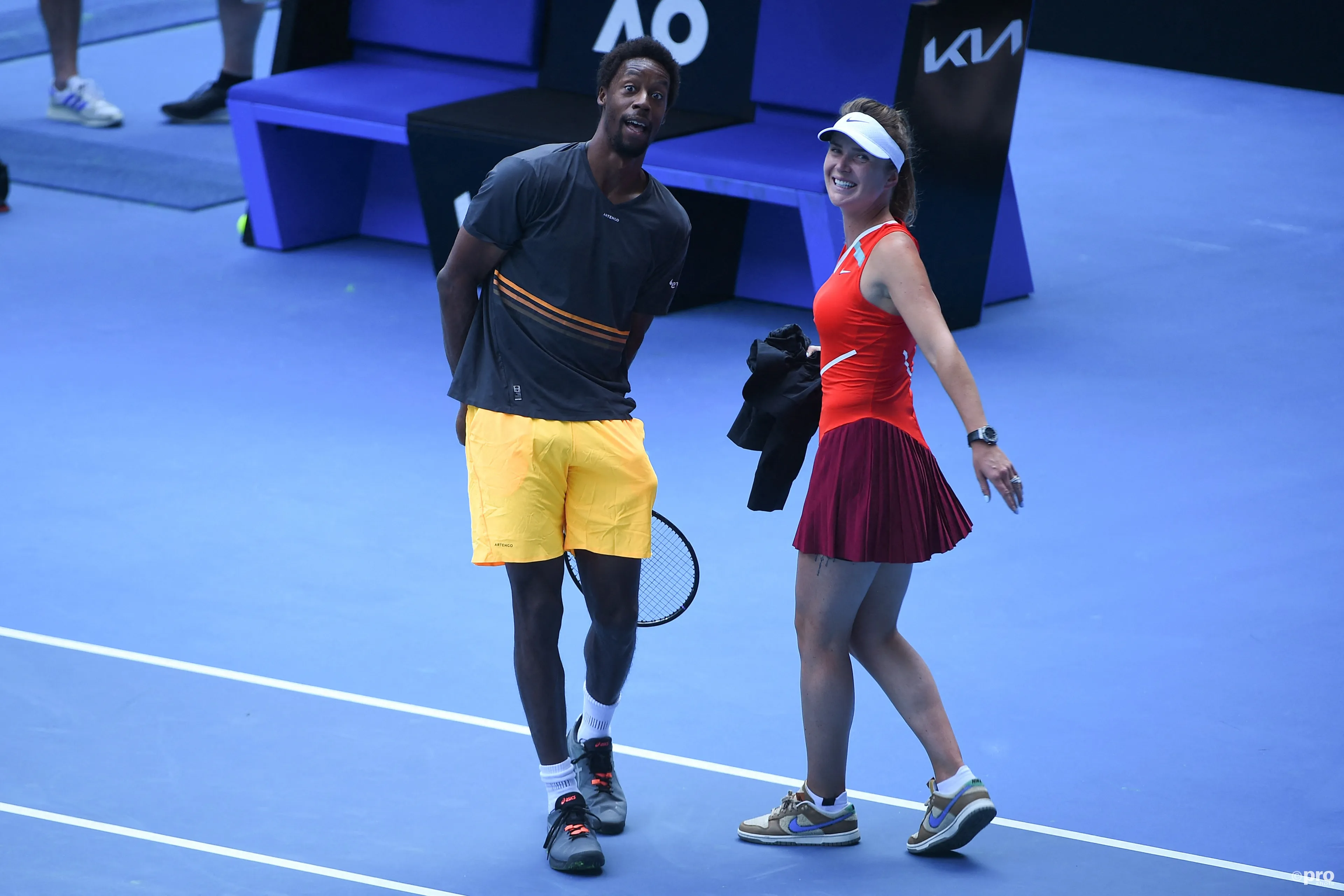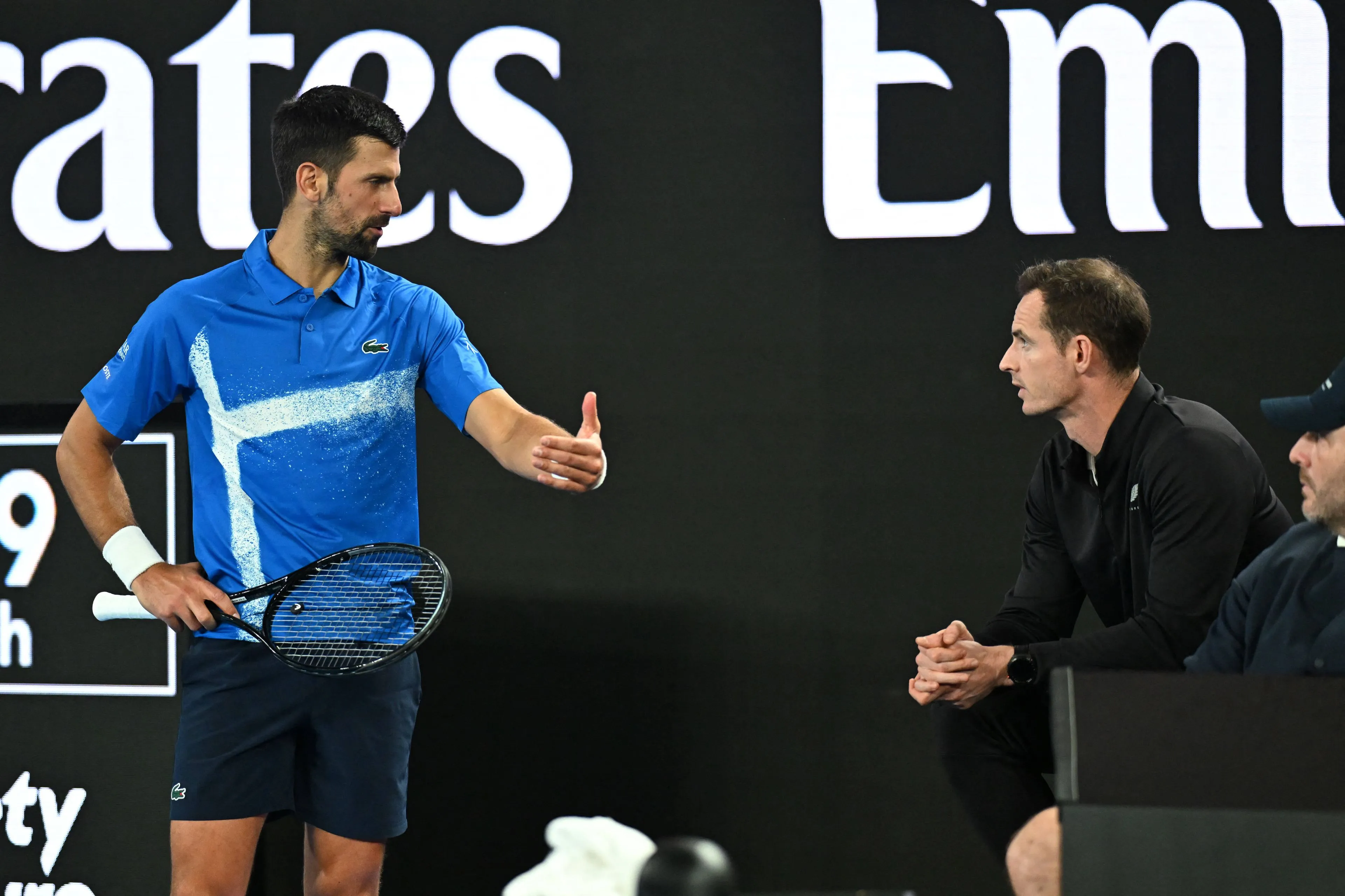Rafael Nadal hopes to play in 2025 French Open, according to coach Carlos Moya
ATPThursday, 30 May 2024 at 21:30
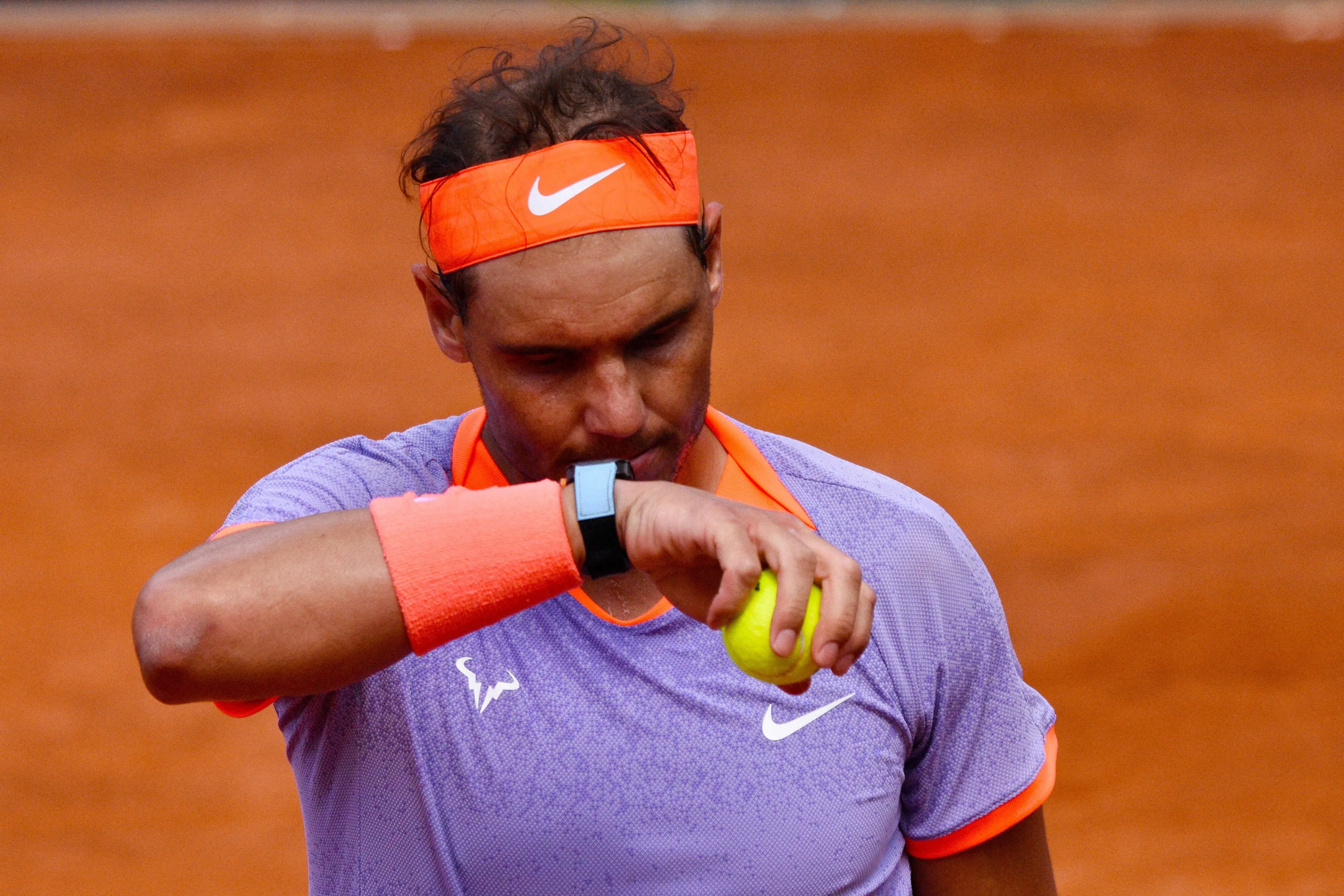
Rafael Nadal’s coach Carlos Moya revealed that the 22-time Grand Slam champion still desires to play in the French Open in 2025. The former world No. 1 insists that “the moment has not come” for Nadal.
Nadal recently suffered his first-ever first-round defeat at the French Open. The King of Clay was eliminated by world No. 4 Alexander Zverev in straight sets but declined a farewell ceremony from the tournament, hoping to return to Roland Garros.
Moya comments on Nadal's desire to return to Roland Garros
His coach revealed that Rafa had considered retirement several times during his comeback and couldn’t play more than two sets when he returned to action at the recent Barcelona Open. However, Nadal showed significant physical improvement at Roland Garros, inspiring the Spaniard: “There’s a big percentage I won’t be back here, but I can’t say 100 per cent,” Nadal said after his loss to Zverev.
Read also
“He said it himself,” Moya stated. “It is not easy, but he has a small hope. He does not know what is going to happen with his body, his level. But today, he does not want to close the door.”
“I don't think it's a positive idea right now,” Moya said, but he insisted: “We have not yet spoken about it. For me, Rafa, if he had reached the quarter-finals at Roland Garros, he would have remained a big favourite.
“That is what makes him different from the others. He would have won four consecutive matches, built up confidence, and he would have tested himself physically. A player’s ultimate progression comes from competition,” the coach said.

Rafael Nadal holds the all-time record for a single Grand Slam with 112-4 and 14 titles.
“I cannot say that it was not a defeat,” Moya acknowledged. “But his match here was the best since his return this season on the clay. But we knew that that could happen, we accept it, and we can say that, at times, we saw the Rafa that everyone remembers. The atmosphere in the dressing room afterwards was good.
We knew that he could lose to Zverev and the normal thing was to lose the match. But there are ways of losing. And in this defeat, Rafa showed himself to be competitive, he showed himself capable of playing at a good level, even if he did not take his chances.
Read also
“This match allowed him to see that with consistent play, without injuries, he could still play at a good level. To see that there are no longer physical limitations also means we can work better. There were days where we could do almost nothing. At Manacor, there were very short training sessions.”
“We decided to play the tournament to get back on tour but we said to him: ‘Please, don’t play a match of more than two hours’. That was the key for us. He had to win matches in two sets.
“The aim was Roland Garros and an injury at Barcelona would have put an end to everything. We knew that if he played more than two hours, there was a big risk that he would injure himself permanently.”
claps 0visitors 0
Just In
Popular News
Latest Comments
- Keep avoiding anti-Social Media, do your best to ignore loser sports writer's questions, and just do your own thing.
 mandoist24-04-2025
mandoist24-04-2025 - Let's face it, Saba is not the sharpest tool in the tool shed. Her sarcasm / passive agressive nonsense has always been annoying. Granted, attempting humor in another language is tough but she truly sucks at it.
 mandoist24-04-2025
mandoist24-04-2025 - Well, that was ... all about nothing. Every excuse and future workout plan mentioned should have been dealt with a long time ago. R.I.P., Mark Petchey.
 mandoist22-04-2025
mandoist22-04-2025 - I hope Marion Bley is the Chair Ump for the Final. It would be Karma Served for Saba after her disrespectful 'performance' in the semi.
 mandoist21-04-2025
mandoist21-04-2025 - Coco needs to stop the Williams Hero Worship and play like 'Coco'.
 mandoist19-04-2025
mandoist19-04-2025 - Didn't expect issues between these two...SakkariFan2318-04-2025
- Send her a crate of deodorant DoveSakkariFan2318-04-2025
- Good to see, hopefully Sakkari can return to the form she deserves.SakkariFan2318-04-2025
- Shame no play on Friday but some line-up incoming..SakkariFan2318-04-2025
- Zverev's reaction lacked a bit of class this time around. He handled it better in Australia.MrAndreeva18-04-2025
